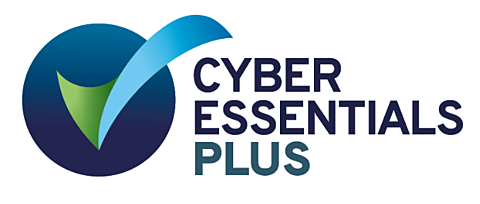Assessing Trustee Effectiveness
13 Dec 2021
Is self-assessment effective?
Self-assessment is reliant on objectivity; an ability to detach yourself from the daily rigours of trusteeship, to take an impartial look at the way you work, to be open-minded to ideas and challenge the established procedures, and to retain neutrality against criticism.
Whilst these are qualities that we see in many Trustee Boards, they are hard to apply when you are entrenched in the detail of running your pension scheme. How do you genuinely step back from the processes, procedures, tools and issues that surround you daily and consider: ‘Could we be working more effectively?' or ‘How could we do things better?'
Survey findings often show that Trustee Boards rate their own effectiveness highly, and yet facilitated assessments will often highlight shortcomings even where trustee confidence is high. This isn't a sales pitch for nit-picking, but more of an observation that only through independence is objectivity truly achievable.
An example
Our client rated themselves as fairly effective, but, admirably, they wanted to ensure that their view was accurate. Through a series of interviews, meeting observation and an online trustee effectiveness assessment, Muse were able to independently assess effectiveness.
The Trustees are commendably dedicated and knowledgeable, and they undertake a significant amount of the operational management themselves. With being so rooted in the minutiae, it is not surprising that we identified some issues to work through.
Where there are issues, there are risks
This is the flipside of having a group of energetic, engaged and diligent Trustees: an under-reliance on support. The DIY approach often means that structures and practices are not formalised or preserved for future generations of Trustees. The ineffective use of support represents a risk, and potentially damages the long term effectiveness of the Trustee Board.
Similarly, the committees had wide-ranging agendas. The limited delegation to support teams and advisers meant that decisions were often made in restricted time due to the weight of topics to cover. Consequently, decisions were not always being challenged as rigorously as good governance demands and the level of activity demanded by the committee agendas limited the time available to focus on the future; the strategic journey.
Trustee Boards should take the time to step back, question themselves, discuss and debate options openly and ensure there is a unified vision to drive the scheme forwards.
How did the Trustees benefit?
Through an objective assessment, the Trustees were able to identify and address some issues that they had not had the time to see for themselves and to develop plans to manage the risks, and develop the tools and processes they need.
Key learnings
- There are limitations on how effective any Trustee Board can be when they are mired in the detail.
- In assessing their own effectiveness, Trustee Boards should challenge whether they can truly be objective and know what they don't know?
- Sometimes it is difficult to "see the wood for the trees" and Trustees should learn to recognise this and seek independent challenge and assessment.
- There is a risk that issues will slip through unnoticed if the Trustee are not challenging themselves rigorously.
- The work of a Trustee is demanding and the challenges are constantly evolving, so it is important that Trustees do take the time to consider their effectiveness, be critical of themselves and highlight shortcomings.


